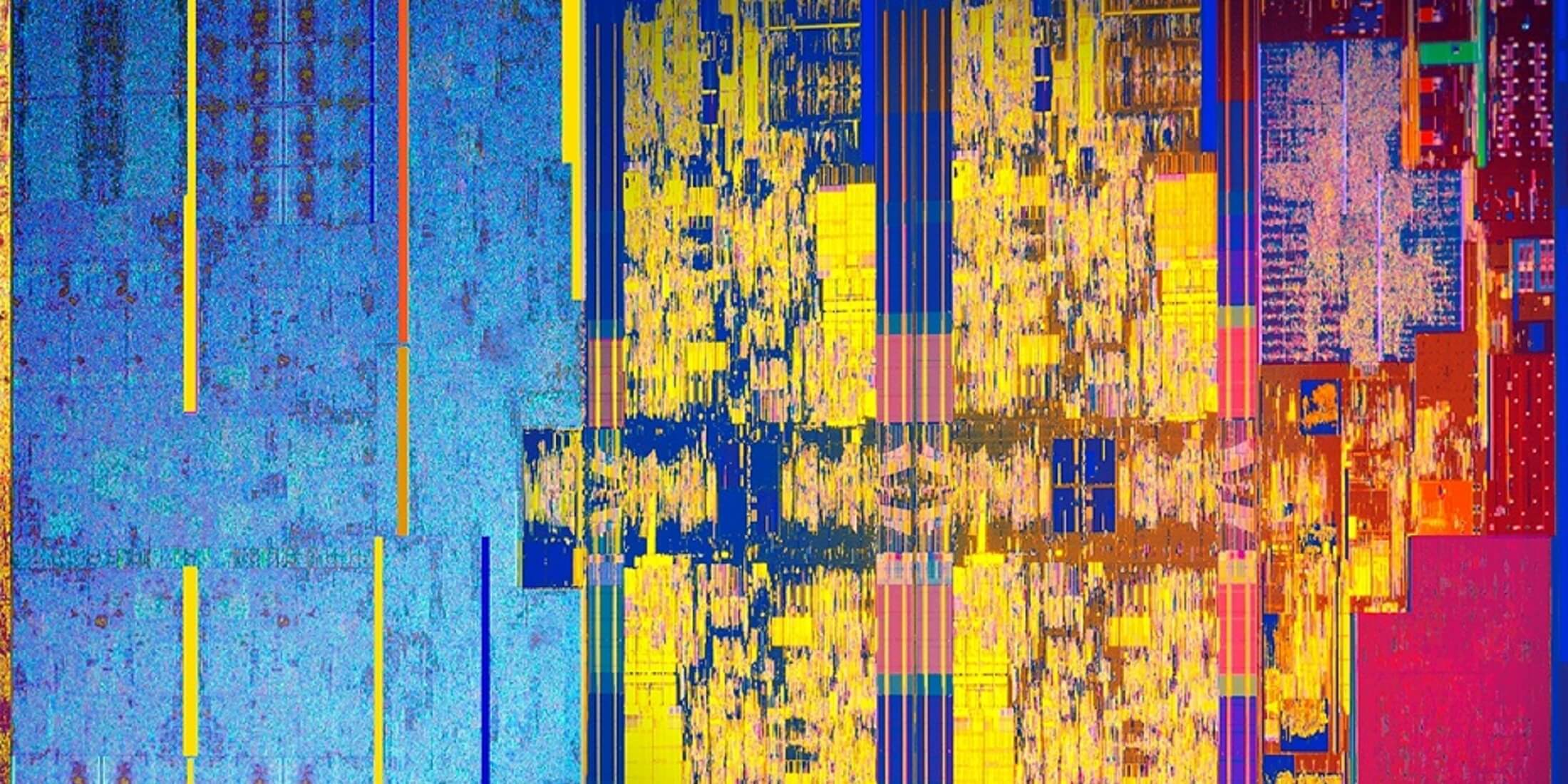The C++ fundamentals training aims to build a solid understanding of the C++ programming language, from basic to advanced engineering requirements. The knowledge is build from the ground up, covering fundamental techniques such as function and operator overloading up until more advanced topics such as template programming. Throughout the training we will maintain a focus on a safe, modern style of programming in C++, covering language features up to those part of C++20. Next to interactive lectures, large part of the training will be hands-on exercises to apply knowledge in practice.
Depending on the group skill level and preferences, the training can be adapted to emphasize specific subjects and exercises.
This training is available for open enrollment as well as for in-company sessions. For in-company sessions, the C++ Fundamentals training can be adapted to your situation and special needs.









